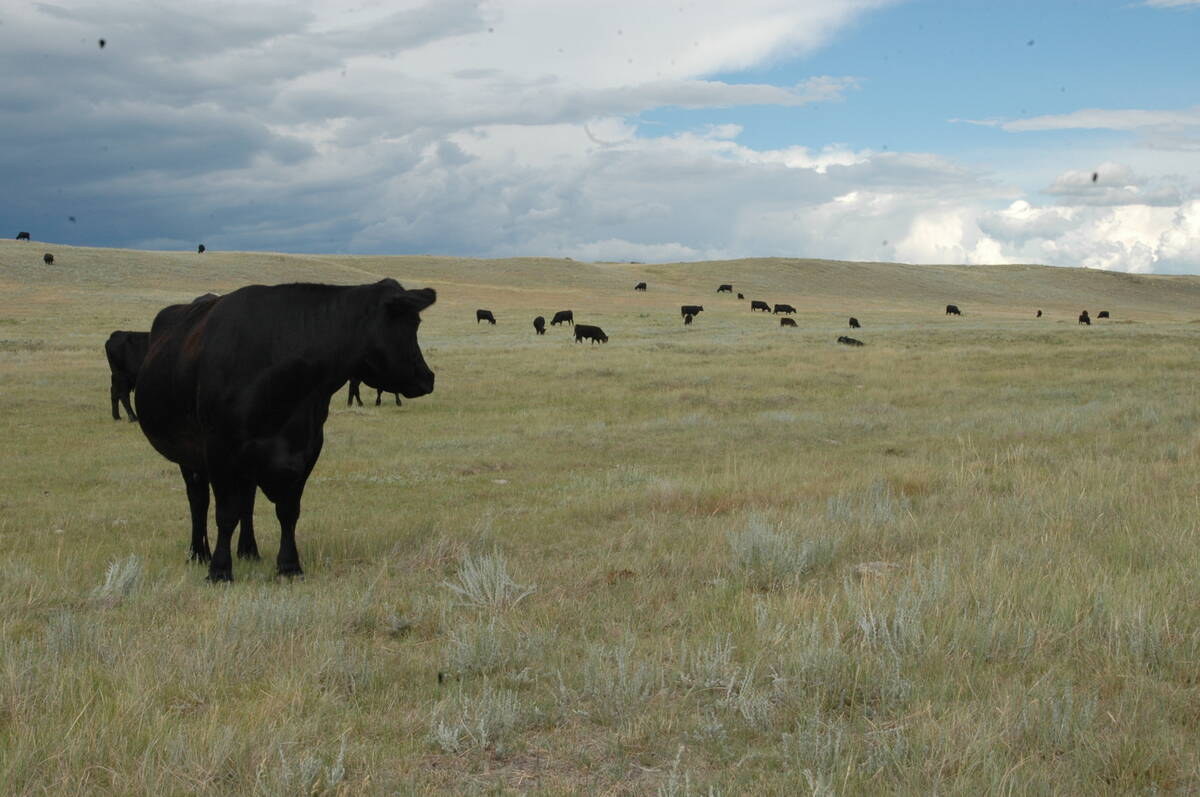SASKATOON – Rural women and their middle-aged husbands are fatter than those living in Western Canadian cities.
A recent national survey by the Heart and Stroke Foundation of 18,000 people, showed rural people tipped the scales more than their city-dwelling counterparts
The results were outlined at an obesity conference two weeks ago by Dr. Bruce Reeder, a professor at the University of Saskatchewan medical college and director of the provincial heart and stroke foundation’s epidemiology unit.
The findings are not based on “anything ridiculous like climate,” said Reeder, although British Columbia’s milder weather does encourage more activity. “It’s lifestyle-induced.”
Read Also

Saskatchewan Cattle Association struggles with lower marketings
This year’s change in the provincial checkoff has allowed the Saskatchewan Cattle Association to breathe a little easier when it comes to finances.
Mixing rural and urban populations, the survey showed in the four western provinces, 36 percent of all men were overweight and 28 percent of all women.
The totals for Ontario and Quebec were 34 percent of all men and 28 percent of women and for Atlantic Canada, 41 percent of men and 44 percent of all women.
The problem with being overweight is the link to such conditions as high blood pressure, diabetes and some forms of cancer, he said.
Rural people are more overweight likely due to eating habits and physical activity. Reeder said the university is just beginning to analyze a nutrition survey completed in February to check those assumptions. However, he speculated rural diets are higher in fat content.
Rural food is “rich, hearty cooking with sauces, gravies and dairy products. Baking is a strong tradition.”
While people living in urban areas have swung to dishes with fewer calories and are avoiding fried foods, “that fashion toward light cooking is not taken up as much in rural areas.”
Also, mechanization means farmers are not working their bodies as hard as they once did.
“Sustained aerobic exercise like a steady 30 to 60 minute activity … like pitching hay bales or shovelling grain … is becoming rarer in rural life,” said Reeder.
Leisure sports are not burning off enough fat to make up for the reduced activity at work, added Reeder. While young men may play baseball, hockey and curl, middle-aged and older rural men aren’t active enough, he said.
Some may point to the rural population as generally older than urban dwellers, but Reeder said the survey checked each age group and the fat pattern was still there.














